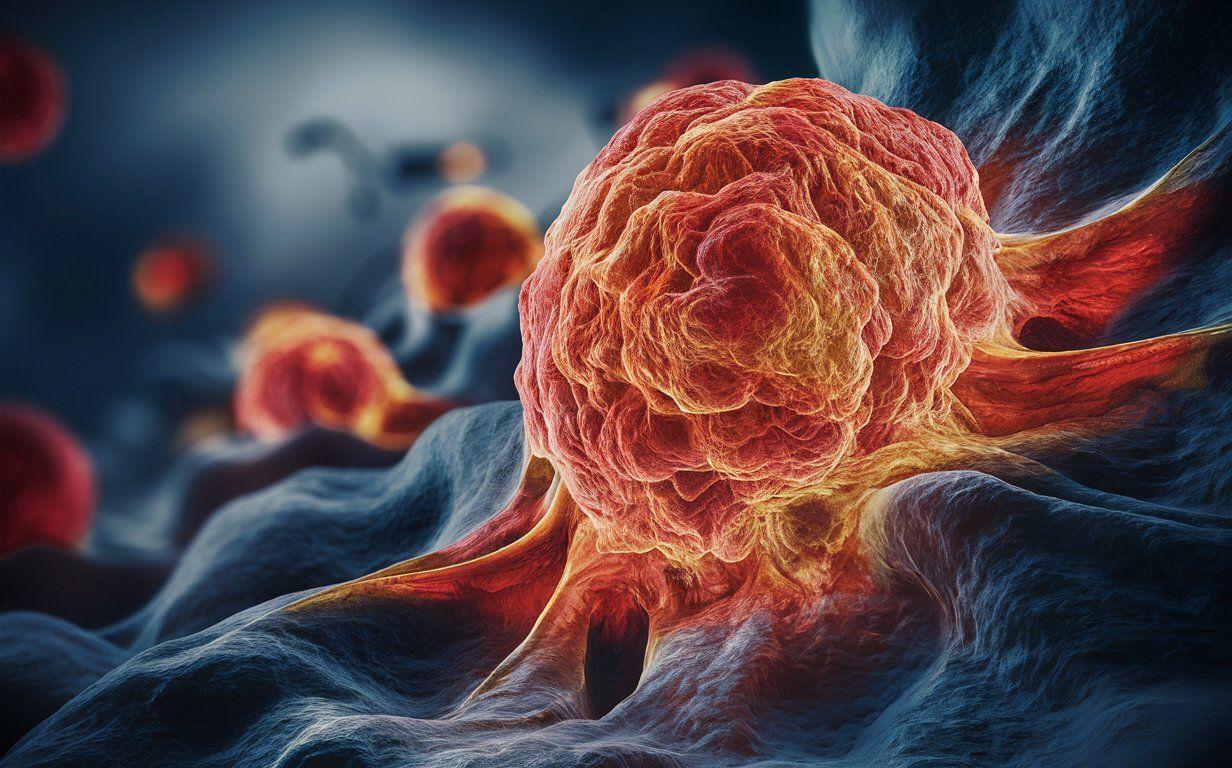Follow us on Google News (click on ☆)
This research, published in Cell, analyzed data from over 1,000 patients with 10 different types of cancer. It reveals that inherited genetic variants can alter protein activity in tumors, thereby influencing their development and response to therapies.

Researchers used an advanced technique, precision peptidomics, to study how these inherited variants affect cancer proteins. This approach mapped over 330,000 variants, showing their role in gene expression and tumor interaction with the immune system.
This discovery could revolutionize cancer care by integrating a patient's inherited genetic profile into diagnosis and treatment. It represents a step toward more comprehensive personalized medicine, considering the individual as a whole.
The implications of this study are vast, particularly in the field of immunotherapy. Researchers are now exploring how inherited genetic differences may explain variations in patient responses to these treatments.
Another research focus involves predicting lung cancer risk. Computer models are being developed to identify high-risk individuals, enabling early screening and better management.
Despite these advances, researchers emphasize the need to expand these studies to more diverse populations. Current data primarily come from patients of European ancestry, limiting the scope of conclusions.
This study opens new perspectives for understanding and treating cancer. By considering both acquired mutations and inherited variants, it paves the way for more effective and personalized therapies.
How do inherited genetic variants influence cancer?
Inherited, or germline, genetic variants are present in all of the body's cells from birth. They can affect how genes are expressed and how proteins are produced, playing a key role in tumor development.
These variants can alter protein structure and function, thereby influencing cancer cell growth and survival. For example, some variants may make proteins more stable or active, promoting tumor progression.
Moreover, inherited variants can influence treatment responses by affecting how cancer cells metabolize drugs. This explains why some patients respond better to certain therapies than others.
These variants may also affect the interaction between tumors and the immune system, modulating the immune response against cancer. This opens new avenues for improving the effectiveness of immunotherapies.